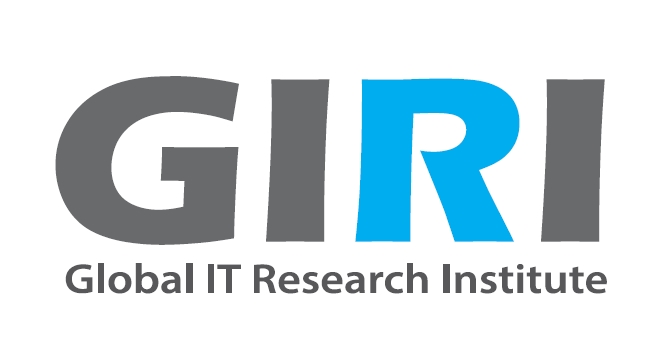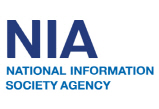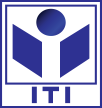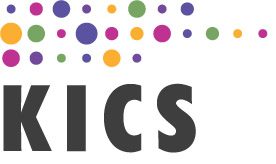Now 506 visitors
Today:527 Yesterday:1103
Total: 1686
413S 88P 97R
2026-02-25, Week 9 |
| Member Login |
| Welcome Message |
| Statistics |
| Committee |
| TACT Journal Homepage |
| Call for Paper |
| Paper Submission |
| Find My Paper |
| Author Homepage |
| Paper Procedure |
| FAQ |
| Registration / Invoice |
| Paper Archives |
| Outstanding Papers |
| Author Homepage |
| - Paper Procedure |
| - Journal Procedure |
| - Presentation Tips |
|
| Program / Proceedings |
| Program with Papers |
| Plenary Session |
| Tutorial Session |
|
| Presentation Platform |
| Hotel & Travel Info |
| About Korea |
| Accommodation |
| Transportation |
| VISA |
| Other Infomation |
|
| Photo Gallery |
| Scheduler Login |
| Seminar |
| Archives Login |
|
| Sponsors |

|

|

|

|

|

|

|

|

|

|

|

|
|
|
|
|
2969 :
2969
He is a Full Professor in the Division of AI Computer Science and Engineering as well as the Founder and Supervisor of the Data and Process Engineering Research Laboratory, Kyonggi University, South Korea. At Kyonggi University, he had been the Dean of the Computerization and Informatics Institute from 2017 to 2021; Since 2007, he has been in charge of the Founder and the Director of the Contents Convergence Software Research Institute, where he has been leading and fulfilling a multi-million-dollar research project that will be continuously supported and funded by the National Research Foundation of Korea, from 2020 to 2029, ever since the institute was officially designated as the National Science and Engineering Research Institute by the Ministry of Education, South Korea, in 2020. He received B.S. degree in computer science from Kyonggi University in 1984. And he received M.S. degree in computer science from Chungang University in 1986. He also received his M.S. and Ph.D. degrees from the computer science department at the University of Colorado Boulder, in 1994 and 1998, respectively. He had worked as researcher and developer at Aztek Engineering, American Educational Products Inc., and IBM in USA, as well as at Electronics and Telecommunications Research Institute (ETRI) in South Korea. In present, he is fulfilling the presidency of the KSII (Korean Society for Internet and Information) from 2023 to 2024. He has been in charge of a country-chair (Korea) and ERC vice-chair of the Workflow Management Coalition.
On behalf of all the ICACT2025 international conference committees, I would like to welcome all of you to ICACT2024. It is a great honor for me to host the 27th IEEE International Conference on Advanced Communications Technology (ICACT) at Phoenix PyeongChang, Gangwon-do, Korea.
The ICACT is an annual international conference in the communications field, where all experts from home and abroad come together to present their work, and share new ideas and visions for achieving the future telecommunications age.
All the accepted and presented papers will be published in the conference proceedings and submitted to IEEE Xplore as well as other Abstracting and Indexing (A&I) databases, such as SCOPUS, EI Compendex, INSPEC, and Conference Proceedings Citation Index (CPCI), etc. Recent 3 years Impact factor H index is 21 score by the SCImago Lab, using Scopus Data Source, which means the rank of this international conference is the 63rd among 754 international conferences.
The special theme of ICACT2025 is "Toward secure and comfortable life in emerging AI and data-driven era!" , which includes following issues also. Professor Jeffrey Hinton, who is considered the godfather of artificial intelligence AI research, left Google, where he had worked for more than 10 years, to publicize the dangers of AI.
He said he fears the day when killer robots with AI technology become a reality.
Professor Jeffrey has been studying AI since 1972 and first came up with the concept of deep learning, but now he says he regrets the research he devoted his life to.
With the flood of fake photos and video posts created by AI, he said, people won't be able to tell what's real.
Chat GPT supplements human work ability, but it can replace secretaries and translators, and was also concerned about the impact of AI technology on the labor market.
In addition, it was originally thought that it would take 30 to 50 years or longer for AI to become smarter than humans, but now it has begun to surpass human intelligence in some functions.
At the same time, unlike nuclear weapons that can be traced by other countries even if secretly developed, AI is concerned that there is a possibility that research at the corporate or national level will continue even if regulations are introduced.
He also argued that competition between Google and Microsoft will not stop without global regulation, and that international regulation in the AI field is necessary.
Elon Musk, who was the co-founder of Open AI, has also warned of the potential dangers of AI and argued that AI development needs to be regulated.
AI has great power to do good or evil, he said. Even a well-intentioned reliance on AI, he warned, could endanger human civilization if it goes to the point of forgetting how to operate the machine.
Just in time, various parts of the world, including the European Union and seven major countries, have started discussing AI regulation, but the intensity of regulation is different.
Europe is discussing how to classify generative AI like Chat GPT as a high-risk tool and subject it to strict regulation.
However, the US and Japan are cautious about legal regulations while putting weight on corporate self-regulation and utilization.
In the midst of the big tech companies' AI development competition, the discussion to properly supplement the expected social problems while making use of AI's positive functions is only just beginning.
It is noteworthy what kind of solutions can be derived in the future for the difficult problems that artificial intelligence has thrown at us.
We expect the ICACT2025 will make a contribution to make our life more secure and more
comfortable in emerging AI era.
Finally I have to deliver my deep heart thanks to all the participants at this long waiting happy face to face meeting here in beautiful Phoenix ski resort.
|
|
|






